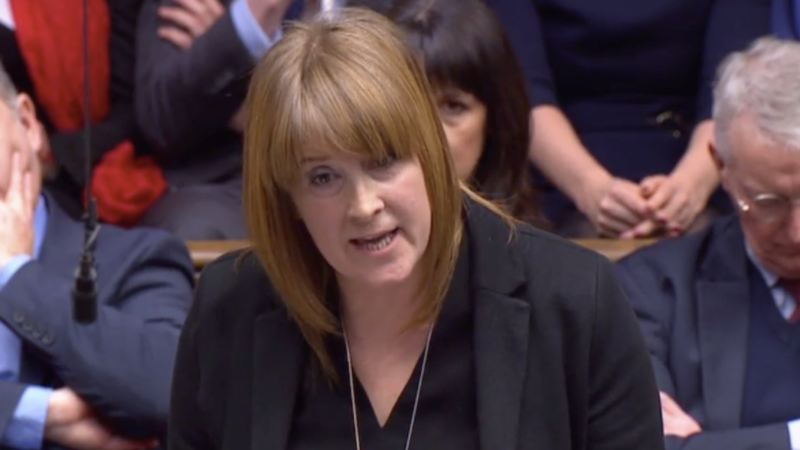
The Prime Minister’s series of announcements on criminal justice this week are signs that he’s gearing up for a general election, with a campaign selling the Conservatives as the party of law and order. Yet violent crime has more than doubled under the Tories. Fatal stabbings are at their highest since records began in 1946, and Boris Johnson’s ‘tough on crime’ rhetoric and his misconceived policies are little more than politicking and cynical headline grabbing. They will not lead to the reductions in crime that we so urgently need.
Reckless cuts across our social services, schools and police have created the ideal conditions for crime to flourish. Once it occurs, our criminal justice system is no longer equipped to deal with it. Hundreds of millions of pounds have been cut from our prisons while probation has endured a disastrous privatisation. Not only do Johnson’s commitments on crime pale in comparison to what we have lost since 2010 – many will actually do more harm than good.
1. Stop and search is a tactic, not a strategy.
Stop and search is one of many tools that the police can use, but Johnson’s claim that expanding stop and search powers will cut crime has no evidence to support it. He suggests that it was the reason crime fell in London, yet the number of stops decreased every year while he was London mayor.
Section 60 searches, which Johnson wants to expand, are an indiscriminate tool that allow police to stop anyone without suspicion. It’s the least effective and most discriminatory form of stop and search. Black people are 40 times more likely than white people to be stopped under section 60, and the ’positive outcome’ rate (something is found) drops from around one in three to less than one in ten for section 60 stops.
Section 60’s ineffectiveness means it’s also the least used of all types of stops. Of 280,000 stops last year, only 3% are made under section 60. Even in the areas where section 60 has already been expanded, like London, it only makes up about 5% of stops. This might look good on a headline, but it is not the solution to knife crime.
2. Harsher sentences don’t act as a deterrent.
Evidence shows time and again that it is the certainty of being caught, not the punishment, that deters crime. But our detection rates have fallen drastically. The latest figures show just 7% of offences are prosecuted, and the proportion of murder cases solved is down 16% since 2010.
It is not a sentencing review and harsher punishments that we need. Sentences for violent and sexual offending have increased significantly in the last 15 years. Courts can already impose the extended determinate sentences Johnson says he wants.
People need their confidence restored that the criminal justice system will provide justice. Criminals need to know that they will be caught.
3. Prison doesn’t prevent crime.
Johnson is creating 10,000 prison beds for “the additional offenders” he wants to imprison. We already lock up more people than any western European country. While investment in our broken prison system is long overdue, it will do nothing to improve conditions if more people are put away for longer.
Young people I’ve met describe custody as a training camp, where you gain connections, learn how to be a better criminaland earn a reputation on the streets. Instead of aiming to lock more people up, we should be reversing the damage done to probation and youth offending teams, so they can run robust non-custodial sentences in the community and properly protect the public.
But more than this, we need to stop the cycle of violence altogether by focusing far beyond the criminal justice system, at its root causes. Johnson hasn’t mentioned this once. He needs to listen to the evidence, and he needs to listen to young people – like those I took to Downing Street last week to deliver our new report.
The Prime Minister is right to want to tackle crime. But he is playing with our children’s futures with his unevidenced and un-costed proposals that he hopes will win him votes. The Conservatives have proven themselves the party of crime and disorder. We aren’t safe under this government. This is not about winning an election. This is about saving lives.
The knife crime APPG’s new report, ‘There is no protection on the streets: young people’s perspectives on knife crime’ is available to read here.




More from LabourList
‘Factionalism at the top Is weakening Labour – and handing a gift to Reform’
‘Europe must stand strong on its own as US security guarantees grow conditional’
‘Tackling poverty should be the legacy of Keir Starmer’s government’